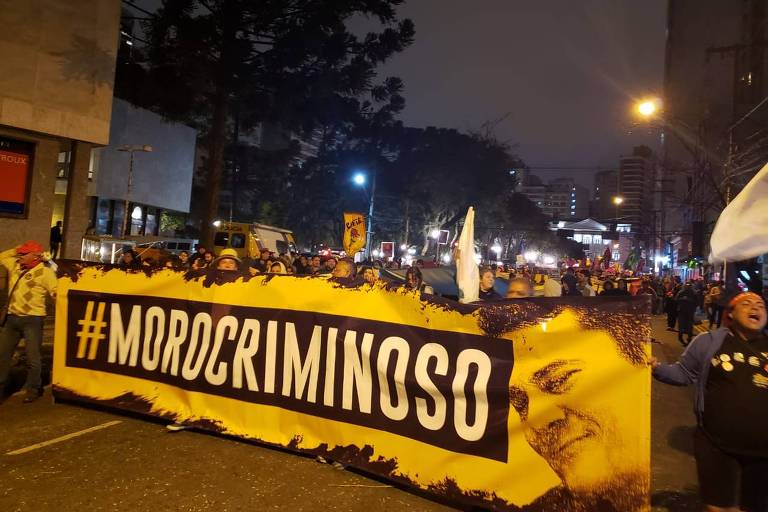Thousands of people took to the streets late Tuesday to protest President Jair Bolsonaro's education policy and cuts in the area in a protest organized by the student movement and central trade unions. There were demonstrations in Sao Paulo, Rio de Janeiro, Brasilia, Belo Horizonte, Curitiba, Porto Alegre, and Recife, among other cities.
According to the National Student Union (UNE), protests happened in 204 cities, squares, and university campuses and attracted 900,000 people across the country. At the May 15 protest, UNE had identified protest events in about 220 cities.
Demonstrators criticized the Future-se program, which encourages private funding by federal universities. In an act in São Paulo, a banner read: "Terminator or Future-deceiver."
This is the third wave of acts against Bolsonaro's education policy taking several cities.
In Sao Paulo, the protest somewhat deflated on a cold and rainy afternoon; people also protested Social Security reform and other governmental flags. The demonstration did not spare the president from calling the protestors "idiots." Opposition politicians accused him of trying to "implant a dictatorship" in Brazil.
RIO DE JANEIRO
In Rio, protesters gathered in front of the Candelaria Church in the center.
Groups of public students chanted, "I'm a student, I won't give up Social Security and education" and "Worker, I'm on your side, our future will not be privatized."
The protesters walked from Candelária to the Petrobras building, about 1 km away, where they defended the valorization of the state company. Around 7 pm, rain accompanied by strong gusts of wind pushed people to disperse.
BRASILIA
In Brasilia, the guidelines were the same: against cuts in education, the Future-se project, and the pension reform.
Organizers estimated that 10,000 people participated. Among them, two thousand indigenous people who are camped in the city. The federal police estimated 4,000 participants.
Translated by Kiratiana Freelon
